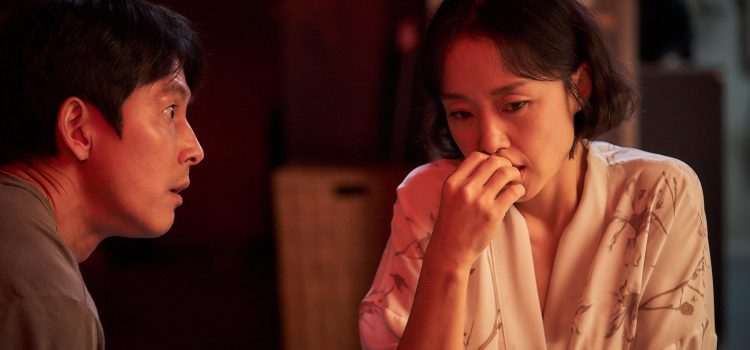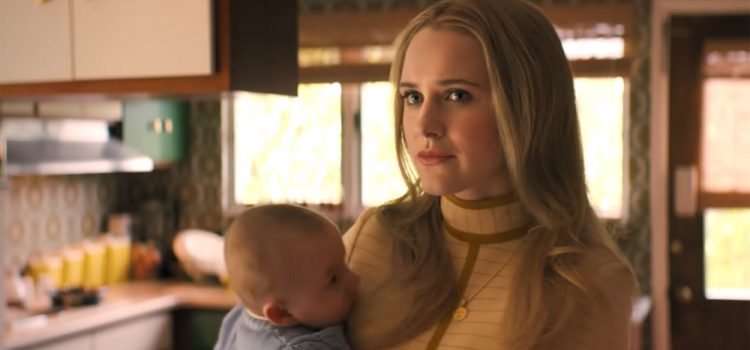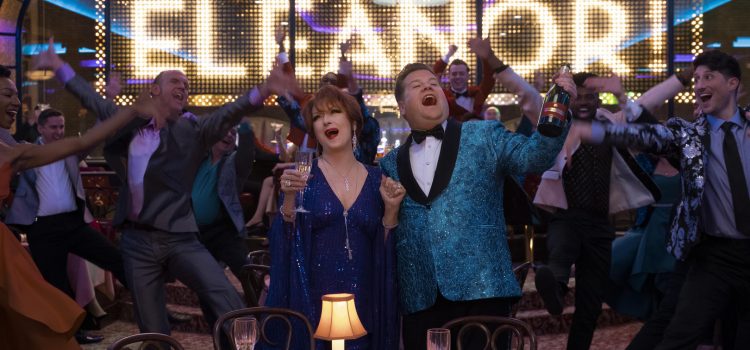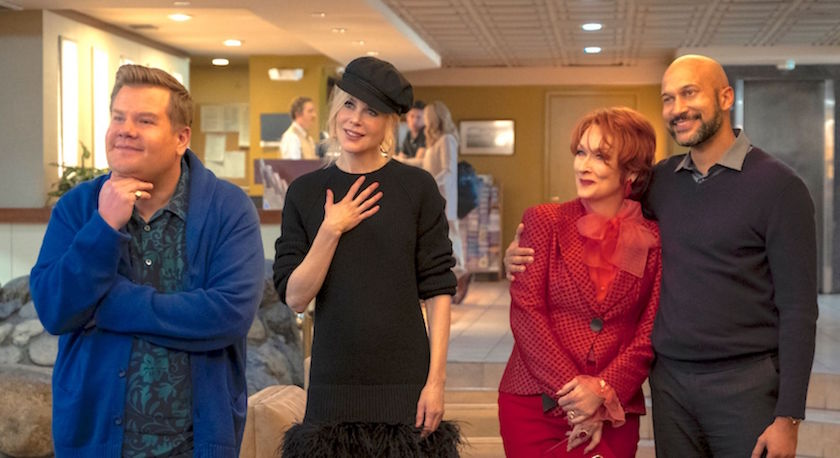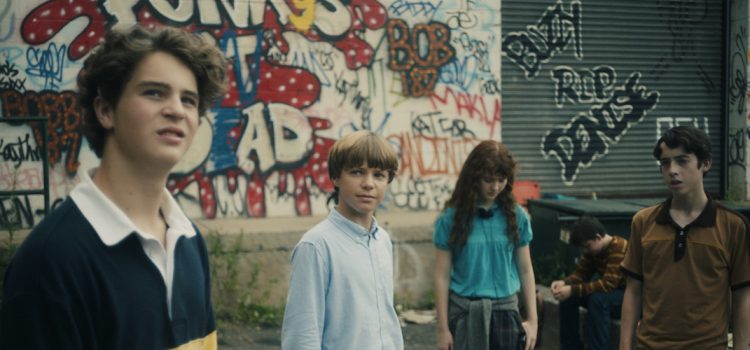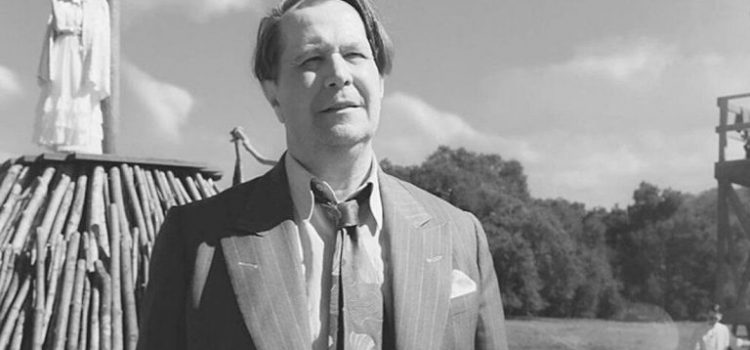By Alex McPherson
Writer-director Yong-hoon Kim’s crime thriller, “Beasts Clawing at Straws,” features memorable characters, an outrageous plot, and a fair amount of blood.
A twisty story told with pizzazz, “Beasts Clawing at Straws” focuses on greed and the lengths that people will go to assuage it. In the South Korean city of Pyeongtaek, Jung-Man (Sung-Woo Bae) works as a cashier at a hotel sauna. Taking care of his Alzheimers-stricken mother and struggling to make ends meet, Jung-Man and his wife are fatigued and unhappy at their jobs.
One day, Jung-Man finds a suitcase of money left abandoned in a locker at work and gets a chance to turn his life around. Viewers then learn how the bag ended up there in the first place — a tale involving double-crosses and a high body count.
The main players include customs official Tae-Young (Woo-sung Jung), who needs to pay off a debt to a deranged loan shark named Mr. Park (Jung-Man Sik). Tae-Young’s girlfriend previously abandoned him and ran off with the money, putting the sap in quite a precarious situation. We also meet Mi Ran (Hyun Been Shin), a prostitute trapped in an abusive relationship with her husband. She encounters a prickly customer named Jae-Hun (Jun-han Kim), who falls in love with her and offers to kill her husband so they can acquire his insurance money. Yeon-Hee (Do-yeon Jeon), Mi Ran’s boss and a true badass, is eager to help her out, but has troubling ulterior motives, to say the least.
I won’t dare spoil how their lives become intertwined. Much of the fun of “Beasts Clawing at Straws” comes from witnessing them act impulsively and face the consequences — initiating a domino effect of violence and betrayal where only the most hardened survive.
“Beasts Clawing at Straws” conveys its narrative non chronologically with six distinct chapters, frequently cutting between these characters as their lives converge with chaotic results. Kim effectively sets up their backstories and their conflicts, illustrating that despite their differences, they are bonded through a need to re-energize their lives. Their livelihoods are at risk, and on some level we want all of them to make it out alive.
Kim isn’t especially concerned with social commentary, though, as “Beasts Clawing at Straws” plays more like a devilish dark comedy than a poignant drama. Realism is eschewed in favor of ratcheting up tension, heightening stakes, and subverting expectations — with chance playing a huge role in the characters’ success. Indeed, it’s extremely satisfying watching them escape situations by the skin of their teeth, and seeing even the most powerful among them undone by sheer bad luck.
Nobody is safe in this dog-eat-dog world, and “Beasts Clawing at Straws” keeps viewers on their toes from start to finish, providing a steady stream of plot twists leading into its brutal, somewhat open-ended conclusion. Combined with dialogue that’s firmly tongue-in-cheek, strong production value, and actors who fully commit to their roles — especially Jeon — it’s virtually impossible to not be entertained if viewers are intrigued by the premise.
Nevertheless, the film has some notable flaws, which prevent it from reaching greatness. With Kim’s aforementioned time-hopping approach, the timeline of events quickly becomes hazy and convoluted. “Beasts Clawing at Straws” fails to effectively communicate when a flashback is taking place, momentarily breaking my immersion. More importantly, there just might be too many characters — we aren’t allowed to spend enough time with anyone in particular to form much of an emotional attachment. Even Jung-Man is undermined by this stylistic choice, and the film misses an opportunity to explore his struggles with much depth.
My criticisms doesn’t prevent me from enthusiastically recommending “Beasts Clawing at Straws,” however, and it remains among 2020’s most purely enjoyable films.
“Beasts Clawing at Straws” is a crime thriller written and directed by Kim Yong-hoon. It is 1 hour and 48 minutes, and in Korean with English subtitles. Alex’s Rating: B+ .

Lynn (Zipfel) Venhaus has had a continuous byline in St. Louis metro region publications since 1978. She writes features and news for Belleville News-Democrat and contributes to St. Louis magazine and other publications.
She is a Rotten Tomatoes-approved film critic, currently reviews films for Webster-Kirkwood Times and KTRS Radio, covers entertainment for PopLifeSTL.com and co-hosts podcast PopLifeSTL.com…Presents.
She is a member of Critics Choice Association, where she serves on the women’s and marketing committees; Alliance of Women Film Journalists; and on the board of the St. Louis Film Critics Association. She is a founding and board member of the St. Louis Theater Circle.
She is retired from teaching journalism/media as an adjunct college instructor.

